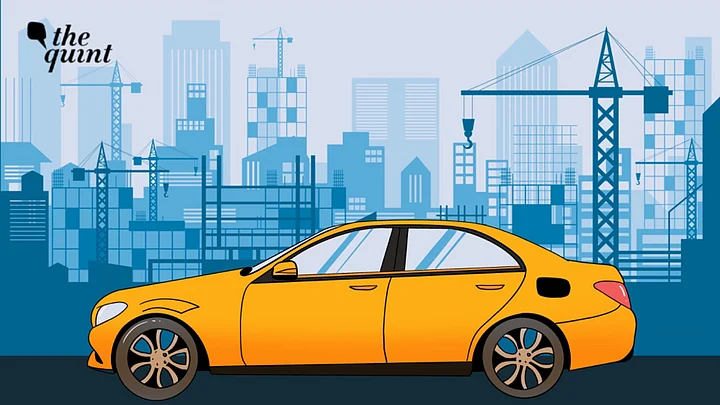The global economy has been facing a period of uncertainty, with concerns about a potential recession looming large. Central banks around the world, including the US Federal Reserve and India's Reserve Bank, have been increasing interest rates in an attempt to address these concerns. The ongoing conflict between Russia and Ukraine has led to shortages of resources such as oil, food grains, metals, and pharmaceutical ingredients, causing prices to rise and impacting economies across the globe. European countries, particularly, have been feeling the heat with electricity bills skyrocketing.
While the world fears an economic slowdown, India seems to be bucking the trend. Despite the rising interest rates in the country, the sales of passenger vehicles and residential houses which are considered two of the most important indicators to confirm a recessionary environment have not suffered, and in fact, have been achieving new heights of growth.
Automotive Sector & Real Estate Both Record Impressive Growth
The Indian automotive sector has been on a roll in recent years, with passenger vehicle sales reaching an all-time high in 2022 with 34.3 Lakh vehicles being sold. Despite a brief slowdown in 2019-20, the industry bounced back, with sales growing by a staggering 40.5% since. This impressive growth is expected to continue as leading carmakers continue to have long lists of waiting periods on their cars.
Similarly, the residential real estate market has also been on a growth trajectory. Despite the pandemic-induced slowdown in 2020, the market has bounced back strongly this year, not only achieving pre-covid numbers but also recording the highest-ever unit sales. Though interest rates for housing loans have been steadily increasing, demand for residential apartments shows no signs of a slowdown.
So, what is the reason behind this unexpected growth in the face of global economic uncertainty?
One possible explanation is India's rapidly growing middle class. With a population of over 1.4 billion people, the country's middle class populace is estimated to be around 432 million (as suggested by the data from People Research on India’s Consumer Economy), and it is growing at a rapid pace.
This expanding middle class has increased the demand for consumer goods, including automobiles and residential housing, driving up sales and contributing to the overall growth of the economy.
What Explains the Boom?
Additionally, the government's recent policy initiatives have also played a role in boosting these sectors. The introduction of the Goods and Services Tax (GST) and the Real Estate (Regulation and Development) Act (RERA) have helped streamline these industries, making them more transparent and investor-friendly.
It's important to note, however, that the growth in these sectors is not uniform across the country. While metropolitan cities like Mumbai, Delhi, and Bangalore have seen strong growth, smaller cities and rural areas have not experienced the same level of expansion. The impact of the pandemic has also been felt in these regions, with job losses and reduced income affecting consumer spending.
While the rest of the world is grappling with the possibility of an economic slowdown, India seems to be on a growth trajectory. The strong performance of the passenger vehicle and residential housing sectors is a testament to the country's expanding middle class and the government's recent policy initiatives. However, it's important to remain cautious, as the impact of global economic volatility on the Indian economy cannot be ruled out completely.
(Ujvin Nevatia (Proprietor: NEVAT INVESTMENTS) is a SEBI-registered Research Analyst. He tweets @UjvinNevatia. This is an opinion article and the views expressed are the author’s own. The Quint neither endorses nor is responsible for them.)
